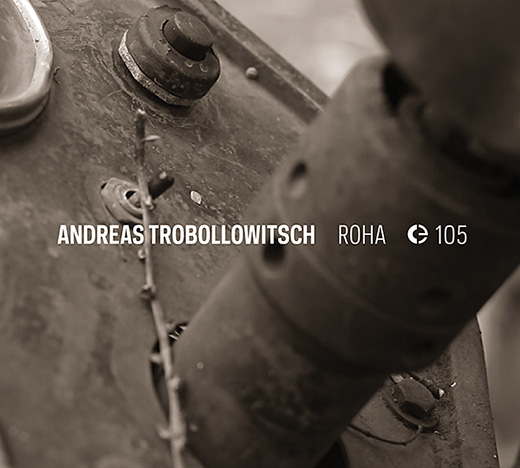
It’s not a criticism to state that oftentimes, the material on Roha feels more like a collection of sounds than a succession of actual compositions. There’s a certain randomness about the sounds, which range from clanking, arrhythmic percussive sounds, squeaks, tweets and flutters, groans and drones and distant, barely audible and completely indecipherable speech. There are rhythmic elements, but these are more emergent than overt or focal to the eight pieces. The listener is likely to find themselves pondering the connections between the sounds, or subconsciously creating, ways on which they relate to one another, the ways that certain juxtapositions affect the effect of the individual sounds.
Often delicate, subtle and quiet, if not exactly calming, there are passages which build from nowhere to great sonic density. ‘tuul’ brings great hefts of doomy overdriven noise that could as easily be a sludgy guitar as a synth sound, and is more metal than ambient, and elsewhere, the tropes of traditional folk music drift into the album’s eclectic sonic pallet. Trobollowitsch is something of a magpie, and while it would be a mistake to suggest he takes from a range of sources indiscriminately, there is a very strong sense of organicness and fluidity in the way he treats the material assembled here.
The overarching mood of the album is dark and sombre, with the funereal ‘ssbeat’ sounding a dolorous death knell, but Trobollowitsch manages to avoid creating a work that’s completely oppressive. It’s a form that takes a little acclimatisation, but in its ever-changing nature Roha is an album that deserves exploration. Christopher Nosnibor
